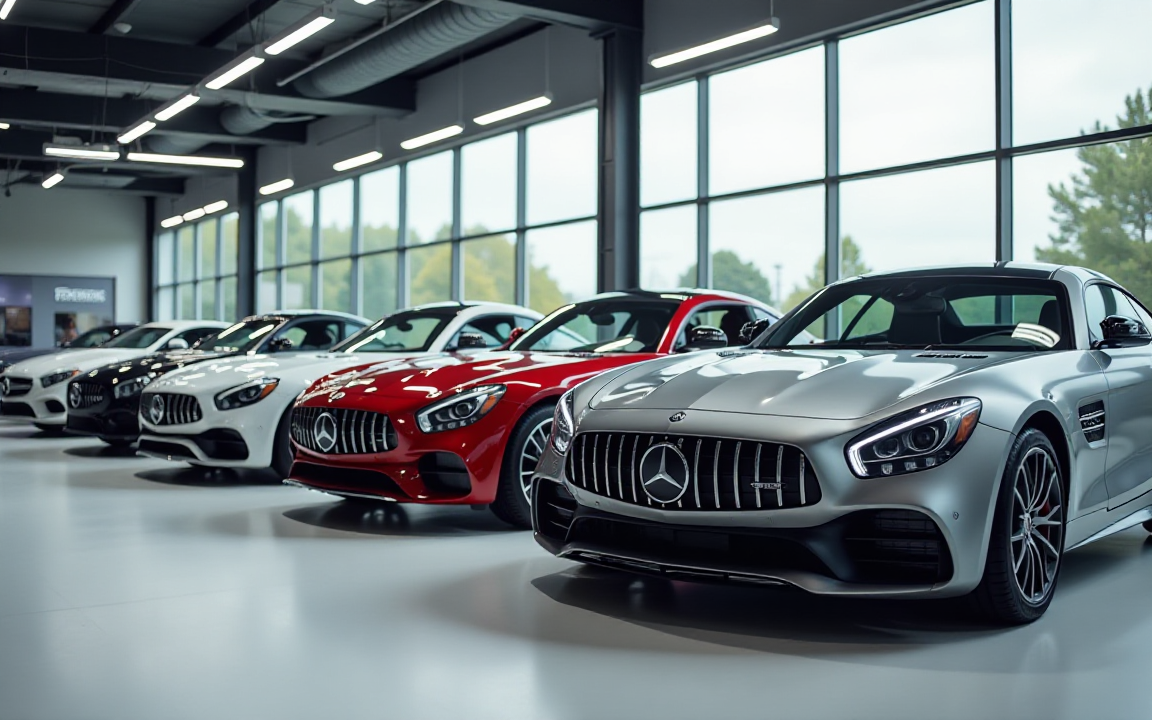
Despite claims from the Trump administration, major Japanese automakers have not increased prices in the US in response to imposed tariffs, according to a CNBC report.
This strategic shift follows a recent report by Nikkei Asia, published on Thursday, which revealed that Japanese automakers are now “passing some of the expense of US tariffs through to American car buyers, a change from their strategy of absorbing the impact.”
This decision marks a significant departure from their previous approach, where they largely bore the financial burden of these tariffs themselves to maintain competitive pricing in the American market.
Pressure on margins
The new strategy suggests a growing pressure on the profit margins of these manufacturers, making it unsustainable to continue absorbing the full cost of the tariffs.
This could lead to an increase in the retail prices of Japanese-made vehicles in the United States, potentially impacting consumer demand and the overall market share of these brands.
The report did not specify which particular tariffs are driving this change, but it is understood to be a direct consequence of the ongoing trade policies and duties imposed by the US government on imported goods.
In April, Japan faced a significant economic challenge as the United States imposed a substantial 25% tariff on imported automobiles.
This move, part of broader trade negotiations, created considerable concern within the Japanese automotive industry, a cornerstone of its economy.
The tariffs were intended to address trade imbalances and encourage domestic production in the US However, intense diplomatic efforts and negotiations between the two nations led to a breakthrough.
Diplomatic resolution
On July 22, a deal was successfully reached with the Trump administration, resulting in a reduction of the tariff rate from 25% to a more manageable 15%.
This agreement provided a measure of relief to Japanese car manufacturers and their supply chains, mitigating some of the initial economic pressures and helping to stabilise trade relations between the two major global economies.
Toyota, Japan’s largest automaker, clarified to CNBC on Thursday that its US affiliate’s July price hike was a standard annual adjustment reflecting increased operational costs, not a reaction to tariffs or anticipated increases.
“We have said that we would observe the situation concerning the tariffs as governments were still negotiating then, but our general stance was not to increase prices to avoid making our cars unaffordable for the customers waiting for their vehicles,” the company added.
Mitigation strategies
In June, Reuters reported on Toyota’s intention to raise prices by an average of $270 in July. However, a Toyota spokesperson at the time denied that these increases were a direct consequence of US tariffs.
Toyota estimated the impact of US tariffs to be 450 billion yen ($3.03 billion) in the first quarter ended June 2025.
The company projected a full-year impact of 1.4 trillion yen, considering the US-Japan trade deal.
According to the report, Honda said it has successfully avoided directly passing on tariff costs to its products. The company attributed this to having more vehicles on Cars.com’s American-Made Index Top 20 than any other brand.
The index assesses how “American” a prospective car or truck is, considering factors like the final assembly location and the percentage of US and Canadian parts.
Honda said:
Any price changes for the 2026 Honda models now on sale are tied to added feature content that enhances value for the customer and boosts the competitiveness of our products.
Nissan stated that US tariffs have not led to price increases. The company is maximizing the use of its US production to counteract the effects of these tariffs.
The post Why Japanese carmakers are not raising prices in US appeared first on Invezz

